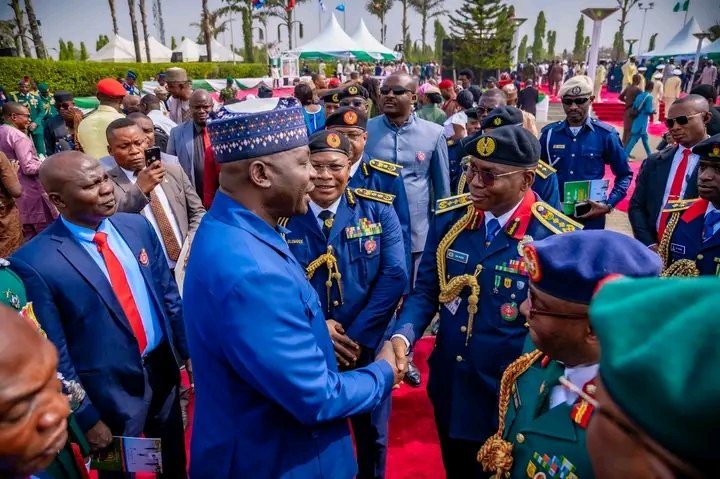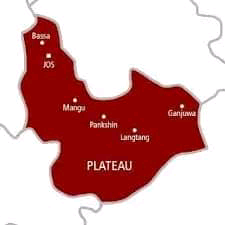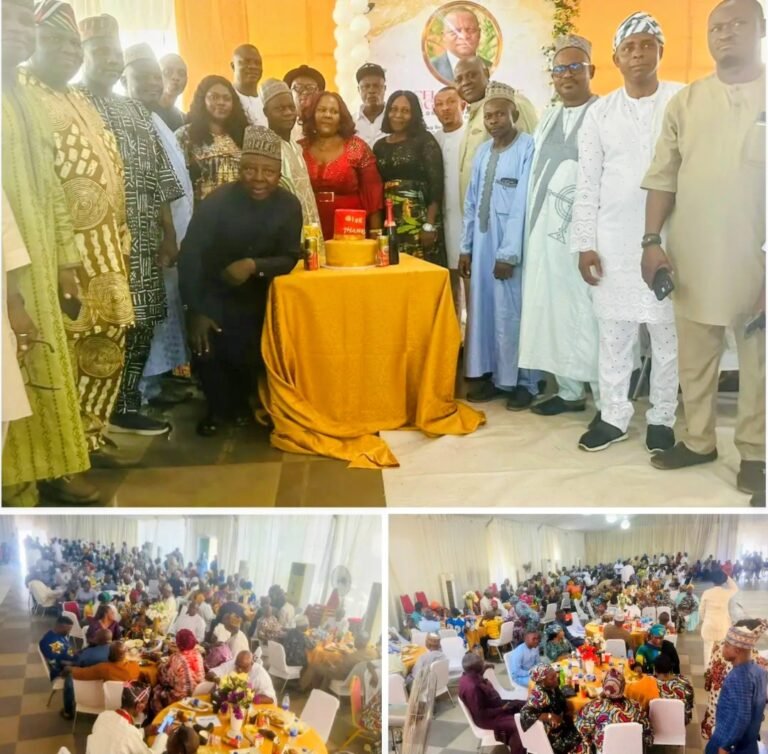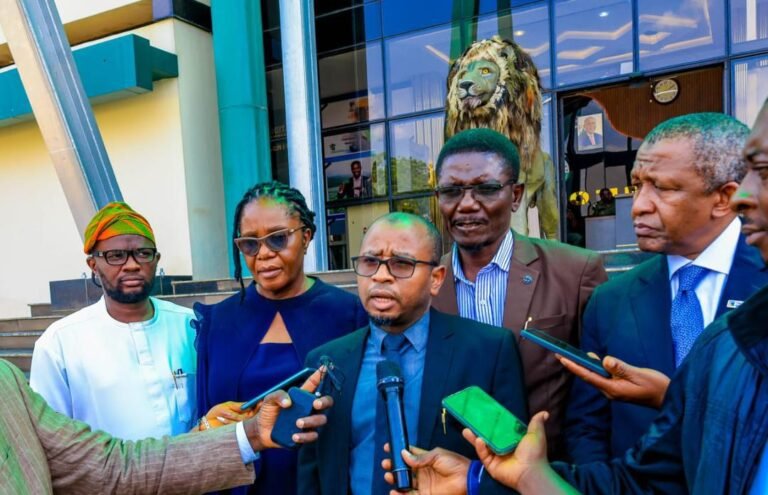
Remembering Sir, Ahmadu Bello (Sardauna of Sokoto) and his Compatriots
By Olumuyiwa Onlede
January 16, 2024
Sir Ahmadu Bello, the first and only Premier of Northern Nigeria, was a pivotal figure in Nigeria’s history. His assassination on January 15, 1966, during a military coup by disgruntled Military officers mostly of Igbo extraction, marked a tragic turning point for Nigeria. Alongside him, Sir Abubakar Tafawa Balewa, Nigeria’s first Prime Minister, was also murdered, leading to a profound impact on the nation and its governance.
Despite un-coordinated arguments from interested quarters, it remains a known fact that the coup d’état was executed by a group of young army officers, predominantly of Igbo extraction, led by Major Chukwuma Kaduna Nzeogwu a man that was christened ‘’Kaduna’’ and enlisted into the Military by Sir Ahmadu Bello after his rejection by his own region (the Eastern Region).
This event was characterized by violence and chaos as numerous political leaders were targeted and killed. In total, 22 individuals lost their lives that day, including prominent figures such as Sir Kashim Ibrahim and Chief Samuel Akintola.
The motivations behind the coup according to the plotters were rooted in dissatisfaction with the existing political order, which many perceived as corrupt and ineffective, but come to think of it, were they really corrupt and ineffective in governance? these are questions that we must continue to ask ourselves in the face of those who have tried to justify the wicked assassination of our best crop of leaders as a Nation.
Sir Ahmadu Bello had played a crucial role in Nigeria’s independence from colonial rule. He was instrumental in promoting education and development in Northern Nigeria and was known for his strong leadership within the Northern People’s Congress (NPC). His vision for a united Nigeria was tragically cut short by the violence of the coup. For a man who left no asset both liquid and physical after his death, but only left legacies which so many leaders today and their benefactors have benefited from can not in any sense be termed as a corrupt leader.
The assassination of Sir Ahmadu Bello and his compatriots did not merely end their lives; it laid a foundation for bad governance and set off a chain reaction that plunged Nigeria into further instability.
The military’s involvement in politics became more pronounced following this coup, leading to multiple subsequent coups and ultimately the Nigerian Civil War (1967-1970). The initial coup was perceived by many in the North as an attack against them, exacerbating ethnic tensions that would haunt Nigeria for decades. Those that hold this view cannot be blamed as they continue to ask the fundamental question of why Mike Opara who then was Premier of Eastern region and also marked for assassination was left off the hook by the coup plotters.
Today, as we remember Sir Ahmadu Bello and his fellow leaders, it is essential to reflect on the state of Nigeria. The country continues to grapple with issues of leadership and governance. Many argue that the same spirit of division that characterized the early years post-independence persists today. Corruption, insecurity, and mismanagement plague various sectors of society, leading to widespread disillusionment among citizens.
Nigeria is often described as “bleeding from every corner,” a poignant metaphor for its ongoing struggles with violence, terrorism, religion extremism, menace of unknown gunmen, economic hardship, and political instability. The legacy of poor leadership has resulted in a populace that feels neglected and marginalized. Many believe that the ideals for which leaders like Sir Ahmadu Bello fought, unity, development, and progress remain unfulfilled.
As we commemorate this tragic event on January 15 each year, it serves as a reminder not only of the loss of great leaders but also of the urgent need for rededication for effective governance that prioritizes the welfare of all Nigerians. The lessons from history must guide current and future leaders to foster an inclusive society where every citizen feels valued and heard.
In remembrance of Sir Ahmadu Bello and Sir Abubakar Tafawa Balewa, let us strive for a Nigeria that embodies their vision, a nation unified in diversity, resilient against adversity, and committed to justice for all its people.
In conclusion, if Sir Ahmadu Bello and Sir Abubakar Tafawa Balewa, Chief Samuel Akintola were to wake up today, what kind of Northern Nigeria and what kind of country will they be confronted with.
Comrade Olumuyiwa Onlede,ytlc
Convener/ National Coordinator
Conference of Civil Society for Transparency and Accountability (COCTA)
Writes from Abuja, Nigeria.








